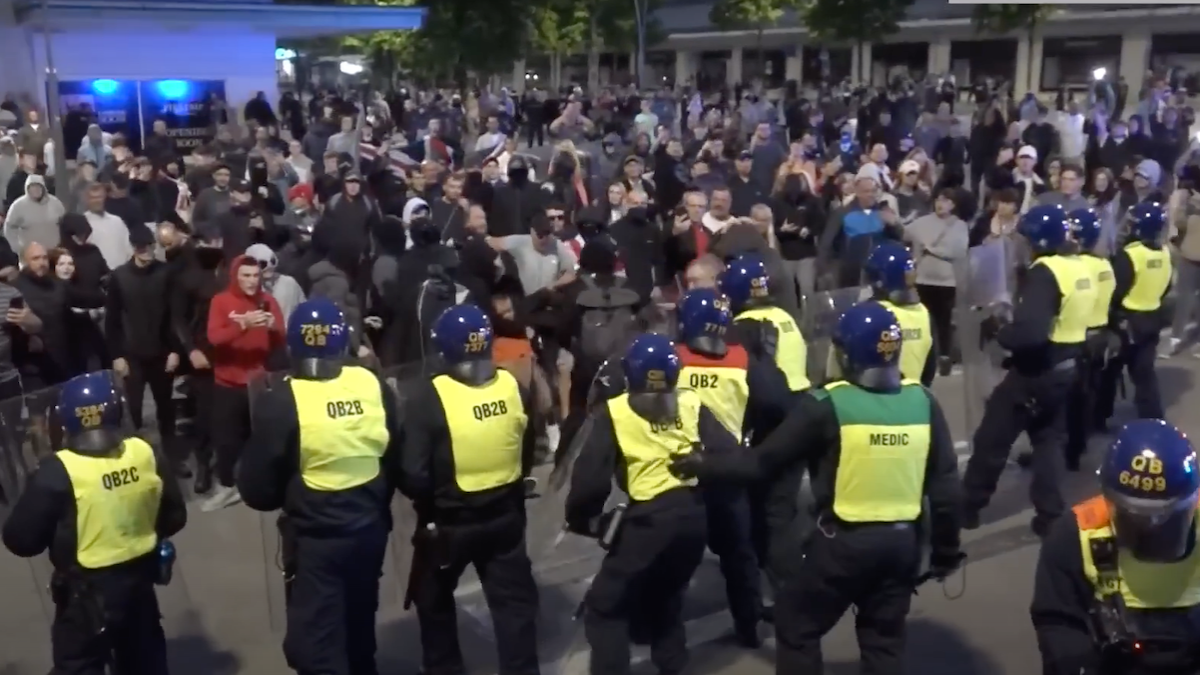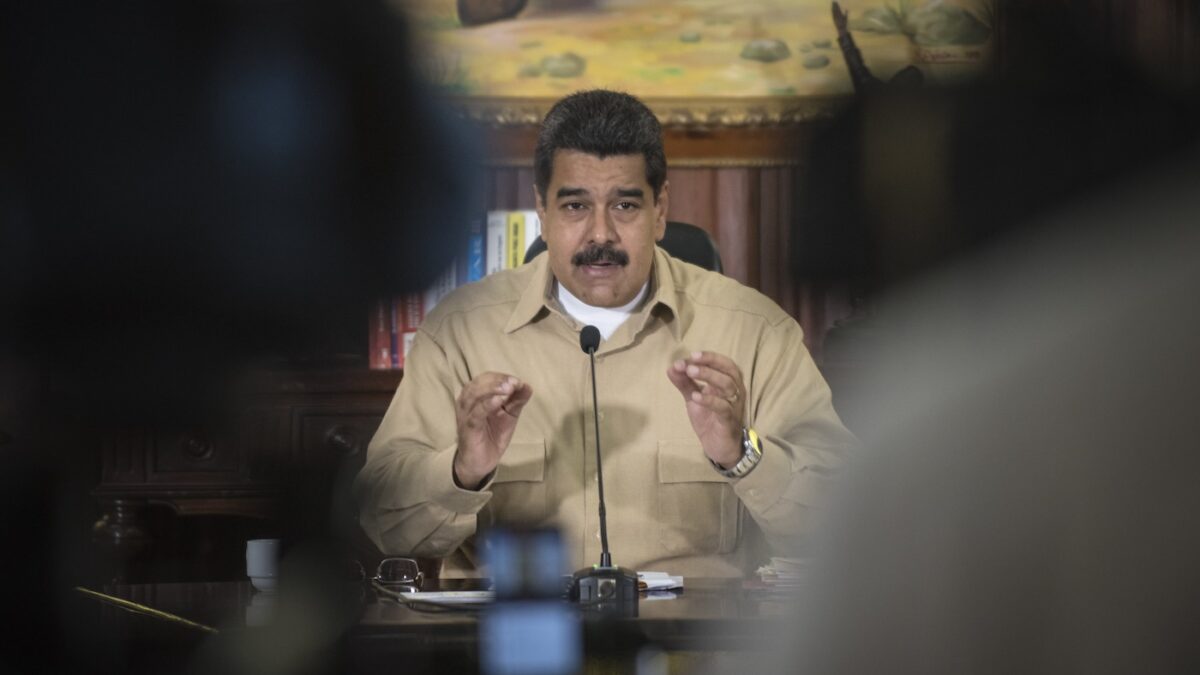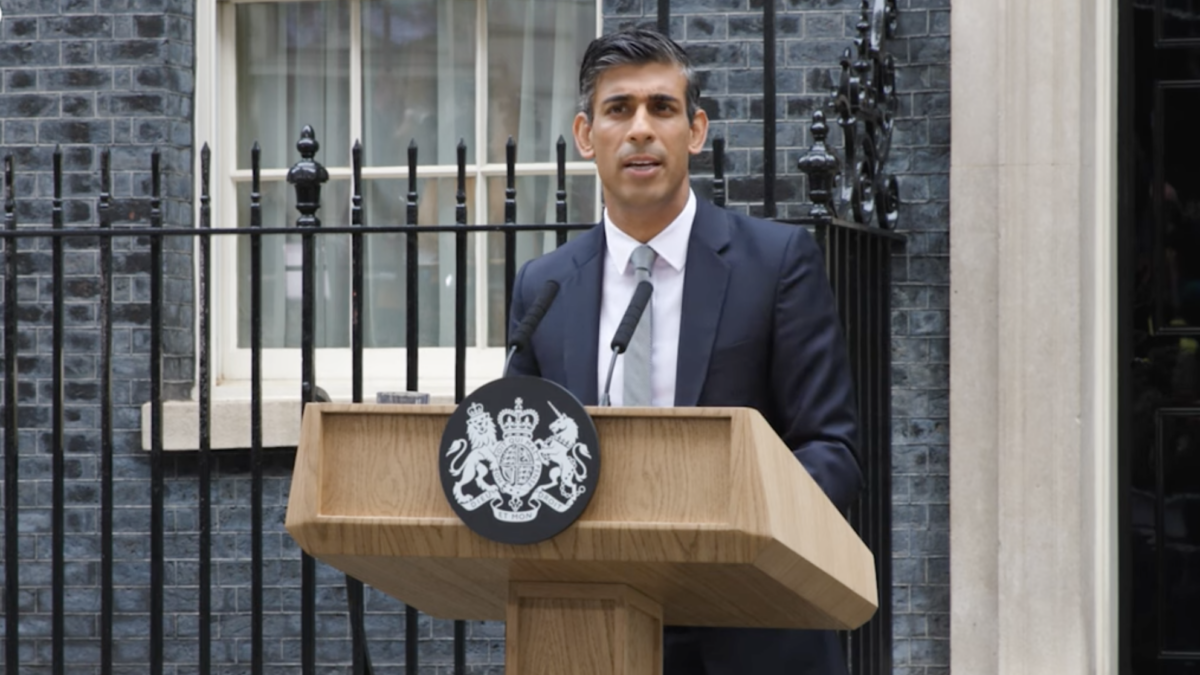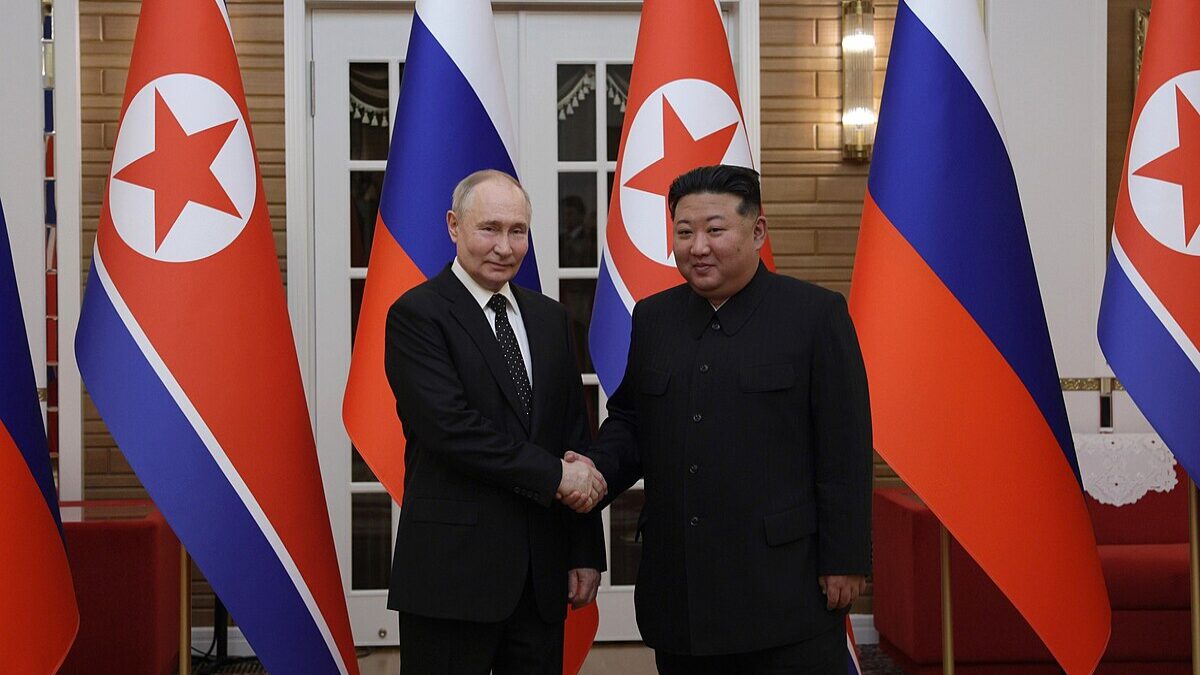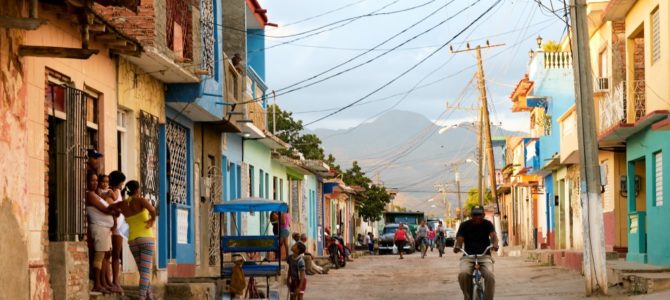
As a first-generation Cuban American from Miami, Florida, my upbringing, daily discourse, and education have been overwhelmingly influenced by the Cuban struggle. To me, it’s always seemed straightforward: Cuba’s communist system has inflicted human and civil rights violations, family separations, and sexual, religious, and ideological persecution of minorities since 1959.
Yet upon leaving my Cuban American community, I encountered individuals with no functional understanding of Cuba and the dire context that defined the lives of myself and the many millions debilitated by the regime. Witnessing many bright and politically active individuals spread misinformation or remain silent about the recent protests in Cuba, the United States, and other parts of the world, I felt an obligation to share my story: one familiar to many yet seemingly inconceivable to many others.
It has never crossed my mind to blame the United States for the revolutionary Cuban regime’s atrocious legacy of state repression against the Cuban population. During college, I have devoted most of my research and writing to U.S.-Cuban affairs regarding trade, immigration, and political and racial ideology. My studies alongside my personal experiences instill me with confidence when I say that the United States’s economic sanctions against Cuba are not the cause of Cuba’s sufferings, nor the reason Cubans all over the world are protesting today.
Over the last six decades, the Cuban government has had many opportunities to avoid its socio-political and economic crises. In addition to the substantial aid Cuba has received from Latin American and European countries, the U.S. government, whether the embargo was lifted or imposed, has donated millions of dollars and humanitarian resources, such as food and medical supplies, to improve the conditions on the island.
The Cuban government accepts these donations, but instead of distributing that wealth and resources to its desperate civilians, it enriches itself, while continuing to deprive Cubans of basic necessities. Consider the following: Cuba predominantly imports chicken from the United States, and despite that product saying “Made in the U.S.” in Cuban markets, the Cuban government maintains that the chicken, along with many other commodities, was imported from anywhere but the United States.
On top of that, the communist government sells four pounds of chicken for more than one-third of the average Cuban’s monthly salary, making it virtually impossible for Cubans to buy. This is only the tip of the iceberg of injustices present in every aspect of Cubans’ lives.
Why isn’t this common knowledge? The Cubans on the island have been extensively censored their entire lives. Today, internet access is unreliable and periodically nonexistent to maintain the repression and isolation of the Cuban population.
Before the internet existed, the Cuban government prohibited the circulation of newspapers and the transmission of radio and television lines from the United States and other parts of the world to its population. Unfortunately, Cuba’s censorship did not stop there.
Over the last six decades, whenever Cuba reached a boiling point of unrest, the Cuban government provoked a diaspora to alleviate political pressure within the island, periodically banishing those who were not in accordance with the communist socio-political system.
Universities were cleansed of individuals with differing political perspectives in order to force new generations of students and professionals to rise. As a result, in Camarioca 1965, Mariel 1980, and Guantanamo 1994, streams of Cuban exiles arrived in Florida seeking a life exempt from social, cultural, economic, and political suffocation. These methods of censorship, among many others, have allowed the Cuban government to successfully spread lies, disguise the severity of its nation’s suffering, and villainize the United States both domestically and internationally.
I have seen with my own eyes the crumbling roof under which my parents were raised, cried listening to the voices of my sick and starving family members, and stuffed duffel bags with bought or handed-down clothes to send to my family so they have something to wear. The U.S. embargo against Cuba did not create nor exacerbate this reality.
Economic sanctions do not provoke nor justify extensive state repression of civil and human rights. They do not institute forced labor camps, abduct teenagers to join the military force, arbitrarily detain hundreds of civilians, nor slaughter innocent protestors. Therefore, I cannot stand idly by while educated peers, accredited organizations, and government representatives use the United States as a smokescreen for the detrimental effects of a communist, repressive state.
The only embargo that exists is that the Cuban government imposes on its own population. Cubans have been unjustly killed, incarcerated, and banished when attempting to use their voices, feed their families, and seek help from the outside world.
Many Cubans live and die praying for the chance to migrate to the United States, a country that has given us the opportunity to prosper, express opinions, raise healthy families, practice religion, have a fair trial, and achieve the unthinkable. This opportunity, no matter how slim it may seem to some, still exists in the United States—and for that, we are grateful.
We may come from what many consider to be just a small island in the Caribbean Ocean, but we are intelligent, hard-working, and loving individuals who deserve of a life that consists of more than just the struggle to survive.
I don’t have all the answers. What I do know is that blaming the embargo and promoting anti-American sentiment is not the solution. Listen to Cuban and Cuban American voices before jumping to uninformed and highly politicized conclusions. We live watching the news with tears in our eyes and hopelessness in our hearts.
Our fight is not against the United States. Our fight is against the Cuban communist regime that exploits us and strips us of our human dignity and right to liberty.


